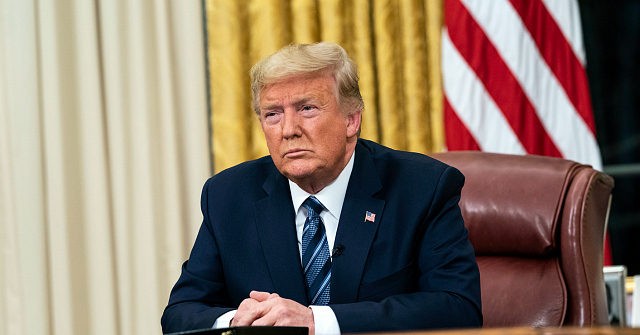President-elect Donald Trump has recently ignited a controversial debate regarding the Panama Canal, emphasizing its significance as a critical asset for the United States. In a statement via Truth Social, Trump argued that the canal is essential for U.S. commerce and military logistics, as it facilitates rapid naval deployment between the Atlantic and Pacific Oceans while also dramatically shortening shipping times to American ports. Highlighting that over 70 percent of all canal transits are to or from the U.S., he underscored the historical context of the canal’s construction, which took a significant toll on American lives and resources. Trump’s remarks portray a vision of reclaiming the canal should Panama continue to “rip off” the U.S., suggesting a perception of unfair practices in toll rates that he believes disadvantage American interests.
In response to Trump’s assertions, Panamanian President José Raúl Mulino firmly reiterated the nation’s sovereignty over the canal, stating unequivocally that it rightfully belongs to Panama. His video statement encapsulated his administration’s stance on the matter, emphasizing that sovereignty is non-negotiable and rebuffing any insinuation that external powers, including the U.S. or China, possess authority over the canal. Mulino’s remarks reflect a sense of national pride and independence, as he asserted that the canal is not under the control of any foreign entity and demanded respect for Panama’s autonomy in managing this vital trade route.
Furthermore, Mulino addressed Trump’s accusations regarding the high toll rates charged by Panama for canal passage. He clarified that these rates are not arbitrary but are established through a formal and transparent process that considers market conditions, international competition, and the operational costs necessary for the canal’s maintenance and modernization. This statement aimed to counter the narrative presented by Trump that portrayed Panama’s pricing as exorbitant and driven by unfair practices, framing it instead as a necessary response to the financial realities of managing the canal.
Trump’s earlier critiques of Panama also included a historical reference to President Jimmy Carter’s controversial decision to transfer control of the canal to Panama for one dollar. He characterized this decision as a “foolish” move, contending that it was intended for Panama to manage the canal independently, not to allow foreign entities to exert control. Trump’s rhetoric taps into a sense of American nostalgia and righteousness over what he perceives as a historical injustice, painting a picture of exploitation and unfair treatment of the U.S. by Panama in the present day.
In the face of Trump’s escalating claims and rhetoric, Mulino has taken a firm stance to maintain that Panama respects other nations while asserting its rights to make decisions regarding the canal without external pressures or influences. His response underlines the importance of international relations grounded in mutual respect as he strives to protect Panama’s sovereignty and the rights entailed within the management of national assets. This context of diplomacy becomes critical as both leaders navigate a potential impasse triggered by Trump’s declarations.
As this debate continues to unfold, it highlights underlying tensions not only related to the Panama Canal but also in broader U.S.-Latin American relations. The varying perspectives on ownership, management, and pricing of this critical waterway underscore a complicated historical legacy. Both leaders are set to engage in an ongoing dialogue concerning the future of the canal, as Trump expresses determination to rectify what he sees as an inequitable arrangement while Mulino stands resolute in defending Panama’s national interests and sovereignty. This dynamic illustrates the complexities of geopolitical interests and the nuances of historical agreements that continue to influence contemporary international relations.

